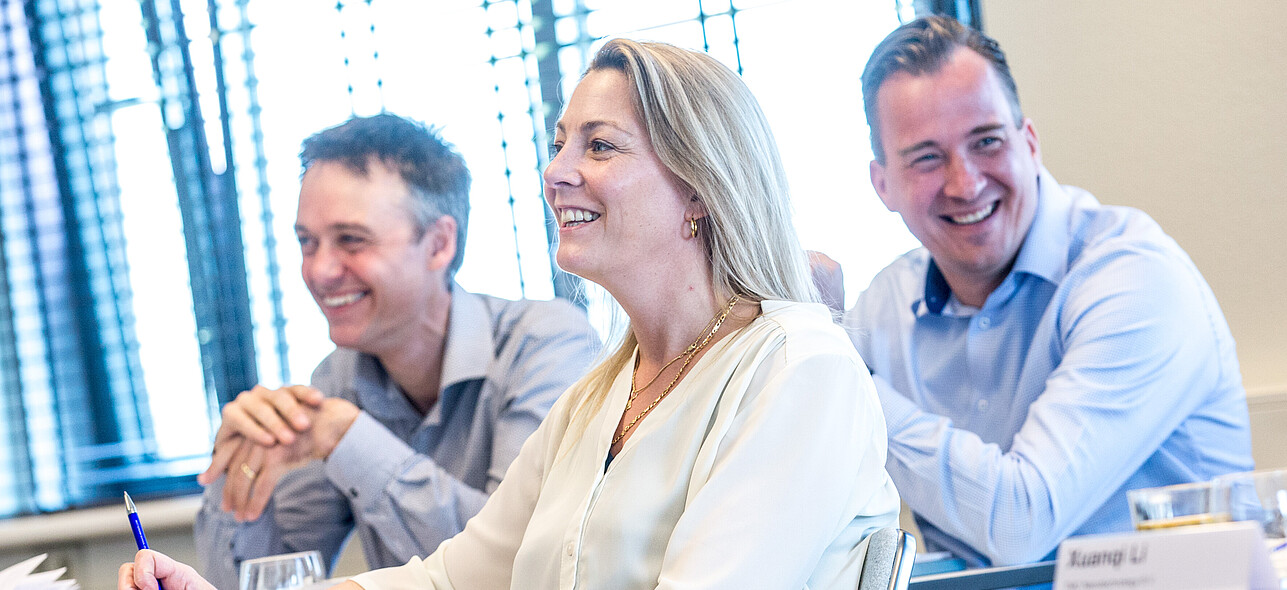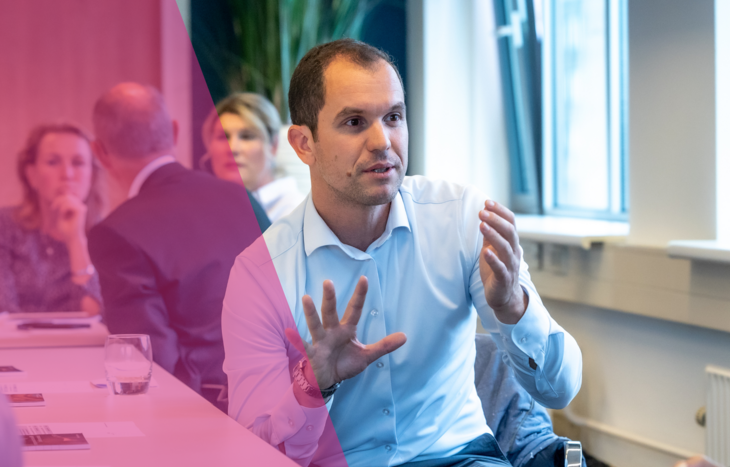

In today’s fast-paced business environment, you must navigate and manage power dynamics to be effective in your leadership role. Power dynamics are present in every organisation, influencing decision-making, relationships, and overall workplace culture.
Elevating your political skills is key to become a more effective leader, foster a healthier work environment, and drive your organisation’s success. It also allows you to connect with your deeper values and purposefully align them with your leadership. Prof. Dirk van Dierendonck and executive coach Eline Peeters dive into three main reasons of why you need to enhance your skills in managing power dynamics.
Effective leadership is about more than managing people and making decisions—it’s about understanding the nuances of power and influence within your team and organisation. Leaders who can skilfully manage power dynamics are better equipped to motivate their teams, resolve conflicts, and drive strategic initiatives.
When you understand how power is distributed and exercised in your organisation, you can leverage it to build stronger relationships and foster collaboration. This awareness allows you to navigate complex situations more effectively, ensuring that all voices are heard and that decisions are made with the input of those most affected. By elevating your capabilities to manage power dynamics, you can create a more inclusive and engaged team, ultimately enhancing your leadership effectiveness and achieving better outcomes.

Power dynamics play a significant role in shaping organisational culture. When power is used constructively, it can lead to a positive work environment where employees feel valued and empowered. Conversely, when power is misused or concentrated in the hands of a few, it can create a toxic culture characterised by fear, resentment, and disengagement.
By developing your skills in managing power dynamics, you can contribute to a more positive workplace culture. This involves recognising and addressing power imbalances, promoting transparency, and fostering open communication. When employees feel that they are part of a fair and inclusive environment, they are more likely to be motivated, engaged, and productive. A positive culture not only improves employee satisfaction and retention but also enhances overall organisational performance.
Power imbalances within teams can affect collaboration and morale. When one or two individuals dominate decisions that are being made, others may feel undervalued or disengaged. This dynamic not only affects team performance but can also limit your ability to lead and contribute effectively.
You're in a meeting with your team, and a few dominant voices consistently steer the discussion with their personal agendas. Power struggles dominate meetings and you struggle to insert your perspective. Over time, this leads to frustration and diminishes overall effectiveness of the group.
Addressing power imbalances requires a strong understanding of interpersonal dynamics and conflict resolution. You need to learn how to assert yourself diplomatically, facilitate balanced discussions, and create an inclusive environment where all voices are heard.
Change is a constant in today’s business world, and organisations must continuously adapt to remain competitive and make an impact. Managing power dynamics effectively is essential for driving change and fostering innovation. Leaders who can navigate these dynamics are better positioned to champion new ideas, encourage creative thinking, and facilitate change initiatives.
To drive meaningful change, leaders need to understand how power can be a barrier or a catalyst. By learning how to manage power dynamics, you can identify and address resistance to change, build coalitions of support, and ensure that change initiatives are implemented successfully. Moreover, by encouraging diverse perspectives and empowering employees at all levels, you can create a culture of innovation that keeps your organisation at the forefront of its industry.
